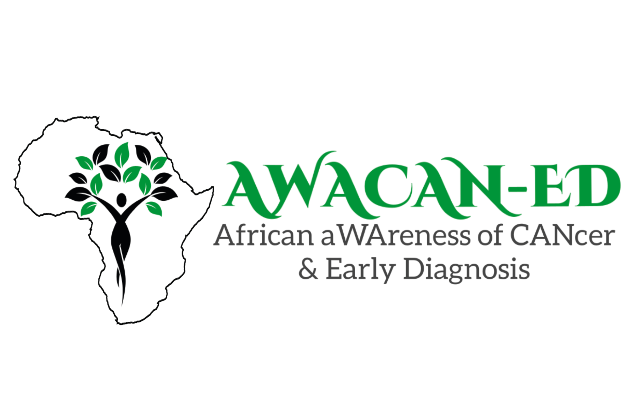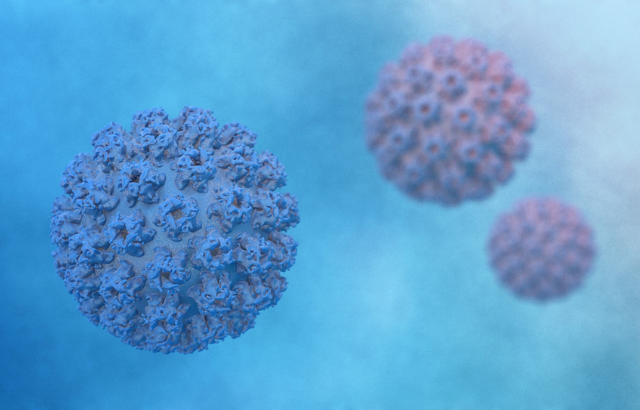New Queen Mary research project aims to advance early cancer diagnosis in Africa
Researchers from Queen Mary University of London have been awarded £3 million funding from the National Institute for Health Research (NIHR) to encourage earlier cancer diagnosis in Southern Africa.

AWACAN-ED project logo
The AWACAN-ED (Advancing Early Diagnosis of Cancer in Southern Africa) project, funded by NIHR’s Global Health Research Award, aims to support early diagnosis of cancer in Southern Africa by developing and evaluating electronic tools (e-Tools) to encourage patients to seek care and reduce healthcare delays in Zimbabwe and South Africa.
By 2030, about 24 million people worldwide will develop cancer each year. And as people in low- and middle-income (LMIC) countries are now living longer, most cases will occur in these countries.
However, services to diagnose and treat cancer are often not widely available, and there are huge differences in care-seeking and quality of care worldwide. Cervical, breast and colorectal cancers are all common cancers, but currently, in Southern Africa, people with these cancers are usually diagnosed after presenting to healthcare with symptoms, often at an advanced stage and with associated poor outcomes.
The project, delivered in partnership with the Universities of Cape Town and Zimbabwe, and Kings College London, will map current primary care and hospital services for these cancers and understand the factors influencing patient pathways, from symptom awareness through to referral and diagnosis.
Using this information, the researchers will develop two symptom assessment e-Tools for the public and primary care providers, that will encourage more timely presentation and referral. The researchers plan to involve and engage the local community throughout the duration of the project to ensure interventions are both affordable and socioculturally acceptable to African women and men, as well as to local healthcare providers.
Professor Fiona Walter, Director of Queen Mary’s Wolfson Institute of Population Health and Co-PI for the project, said: “This vital funding will allow us to answer important questions about how to encourage appropriate help-seeking among people in these settings with possible cancer symptoms and how to deliver high-quality, accessible and equitable cancer referral and diagnosis services in lower-level facilities.”
Professor Andrew Livingston, Vice-Principal (Research and Innovation) at Queen Mary, said: “Applied research provides a powerful set of tools for delivering constant improvements to healthcare and health systems worldwide. It has never been more important. Working closely with colleagues in the NHS and healthcare organisations around the world, Queen Mary plays a leading role in answering questions about how we make healthcare more effective and efficient. These questions are upmost in the minds of patients, clinicians, and policymakers here in London and across the world. Most importantly of all, the research has potential to deliver significant improvements in health outcomes for all of society.”
Related items

10 October 2024

